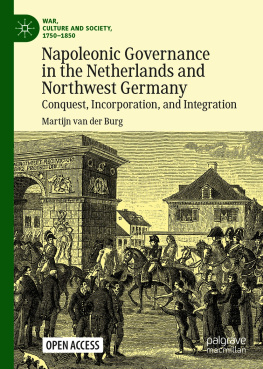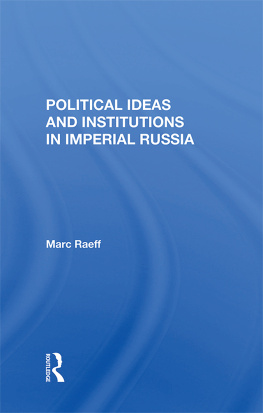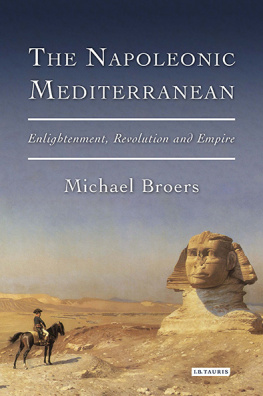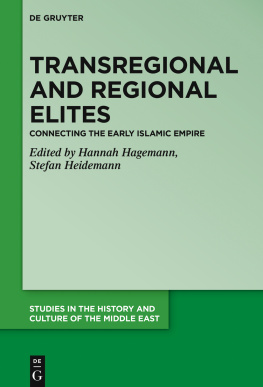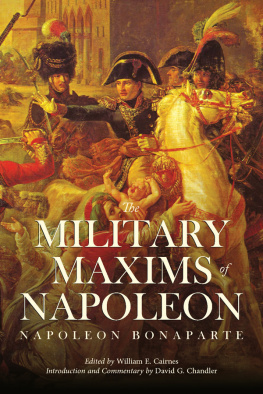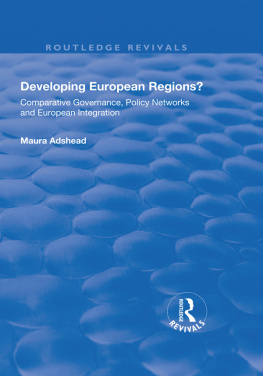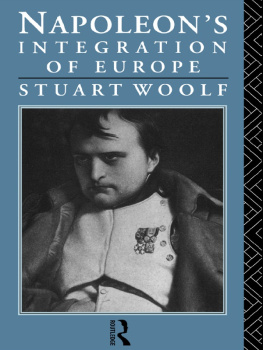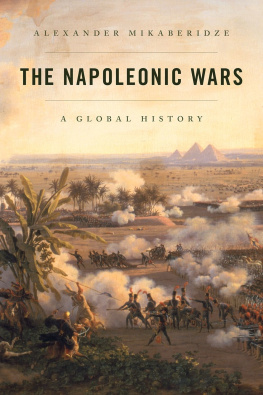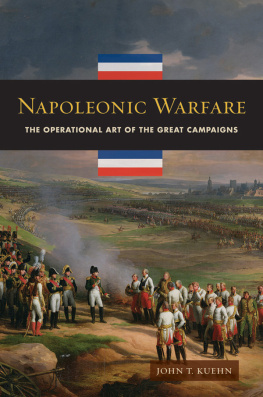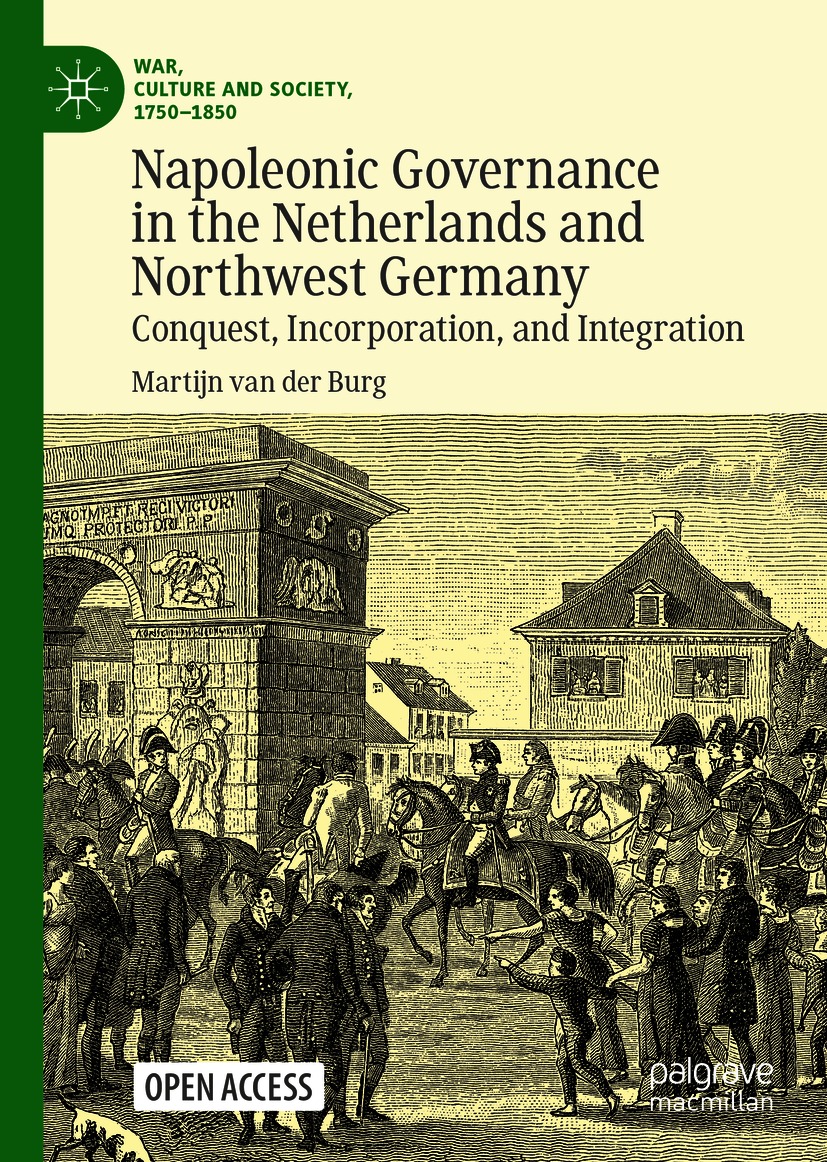War, Culture and Society, 1750 1850
Series Editors
Rafe Blaufarb
Florida State University, Tallahassee, FL, USA
Alan Forrest
University of York, York, UK
Karen Hagemann
University of North Carolina at Chapel Hill, Chapel Hill, NC, USA
The series aims to the analysis of the military and war by combining political, social, cultural, art and gender history with military history. It wants to extend the scope of traditional histories of the period by discussing war and revolution across the Atlantic as well as within Europe, thereby contributing to a new global history of conflict in the eighteenth and nineteenth century.
For more information see: wscseries.web.unc.edu
More information about this series at http://www.palgrave.com/gp/series/14390
Martijn van der Burg
Open University of the Netherlands, Heerlen, The Netherlands
ISSN 2634-6699 e-ISSN 2634-6702
War, Culture and Society, 1750 1850
ISBN 978-3-030-66657-6 e-ISBN 978-3-030-66658-3
https://doi.org/10.1007/978-3-030-66658-3
This book is an open access publication.
The Author(s) 2021

Open Access This book is licensed under the terms of the Creative Commons Attribution 4.0 International License ( http://creativecommons.org/licenses/by/4.0/ ), which permits use, sharing, adaptation, distribution and reproduction in any medium or format, as long as you give appropriate credit to the original author(s) and the source, provide a link to the Creative Commons license and indicate if changes were made.
The images or other third party material in this book are included in the book's Creative Commons license, unless indicated otherwise in a credit line to the material. If material is not included in the book's Creative Commons license and your intended use is not permitted by statutory regulation or exceeds the permitted use, you will need to obtain permission directly from the copyright holder.
The use of general descriptive names, registered names, trademarks, service marks, etc. in this publication does not imply, even in the absence of a specific statement, that such names are exempt from the relevant protective laws and regulations and therefore free for general use.
The publisher, the authors and the editors are safe to assume that the advice and information in this book are believed to be true and accurate at the date of publication. Neither the publisher nor the authors or the editors give a warranty, expressed or implied, with respect to the material contained herein or for any errors or omissions that may have been made. The publisher remains neutral with regard to jurisdictional claims in published maps and institutional affiliations.
Cover credit: FALKENSTEINFOTO / Alamy Stock Photo
This Palgrave Macmillan imprint is published by the registered company Springer Nature Switzerland AG.
The registered company address is: Gewerbestrasse 11, 6330 Cham, Switzerland
Acknowledgments
The research underlying this publication has been facilitated by the support from numerous institutions and individuals. At the start, the University of Amsterdams Department of History and European Studies kindly supported the development of an initial research proposal. Subsequently, the Open University of the Netherlands has generously made extra research time available, within the Waarde en waardering van cultuur and De veilige stad research programs. Over the years, many colleagues, too many to thank all of them here individually, gave valuable advice, read draft chapters, or otherwise had a positive effect on the research process. Without Annie Jourdans inspiration, Matthijs Loks impeccable sense of timing, Helmut Stubbe da Luzs hospitality, Pierre Karila-Cohens collegiality, and Bart Verheijens teamwork, the present publication would not have existed in its current form. Also, Joke Roelevink made many useful suggestions; her passing away is a great loss to historical scholarship. Furthermore, I owe thanks to Katherine Aaslestad, Michael Broers, and Johan Joor for their willingness to read the final manuscript. And it is with generous support from the Daendels Foundation, and from the Open Access Fund of the Open University of the Netherlands, that it was made possible to publish this work in open access. I am very grateful to abovementioned sponsors and colleagues, as well as friends and family alike.
Praise for Napoleonic Governance in the Netherlands and Northwest Germany
Van der Burg presents an innovative trans-regional study of Napoleonic governance in the often-overlooked northern periphery of the Empire. This book carefully examines the Empires administrative structure in the north, focusing on the heterogeneous community of prefects and subprefects as tools of incorporation, binding the regions to the central state. His rich comparative analysis highlights the incomplete integration of the north and makes important contributions to our understanding of the Empire and its legacy of state building.
Katherine Aaslestad, West Virginia University, Morgantown, USA
Martijn van der Burg makes a vital contribution to the burgeoning scholarly literature on Napoleonic Europe in this well researched, carefully constructed volume. His analysis of this somewhat neglected, but important, part of Napoleons hegemony will become essential reading for all students and specialists of Napoleonic Europe. Van der Burg brings the riches of recent Dutch and German scholarship on the Napoleonic period, hitherto denied to an Anglophone readership, to say nothing of his own insight into Napoleonic rule in these complex regions. He delineates the course of Napoleonic rule here with clarity and acute attention to detail. This is a worthy addition to the Napoleonic renaissance in historiography.
Michael Broers, University of Oxford, UK
A thorough, transparent and important comparative study into the content, dynamics, limits and results of Napoleonic governance, and the role of the (sub)prefects here within, in the Netherlands and Northwest Germany. Original, well-written and a very welcome contribution to the historiography of these still understudied areas in the Napoleonic years, as well as to Napoleonic historiography in general.
Johan Joor, International Institute of Social History, Amsterdam, The Netherlands
Contents
List of Maps

